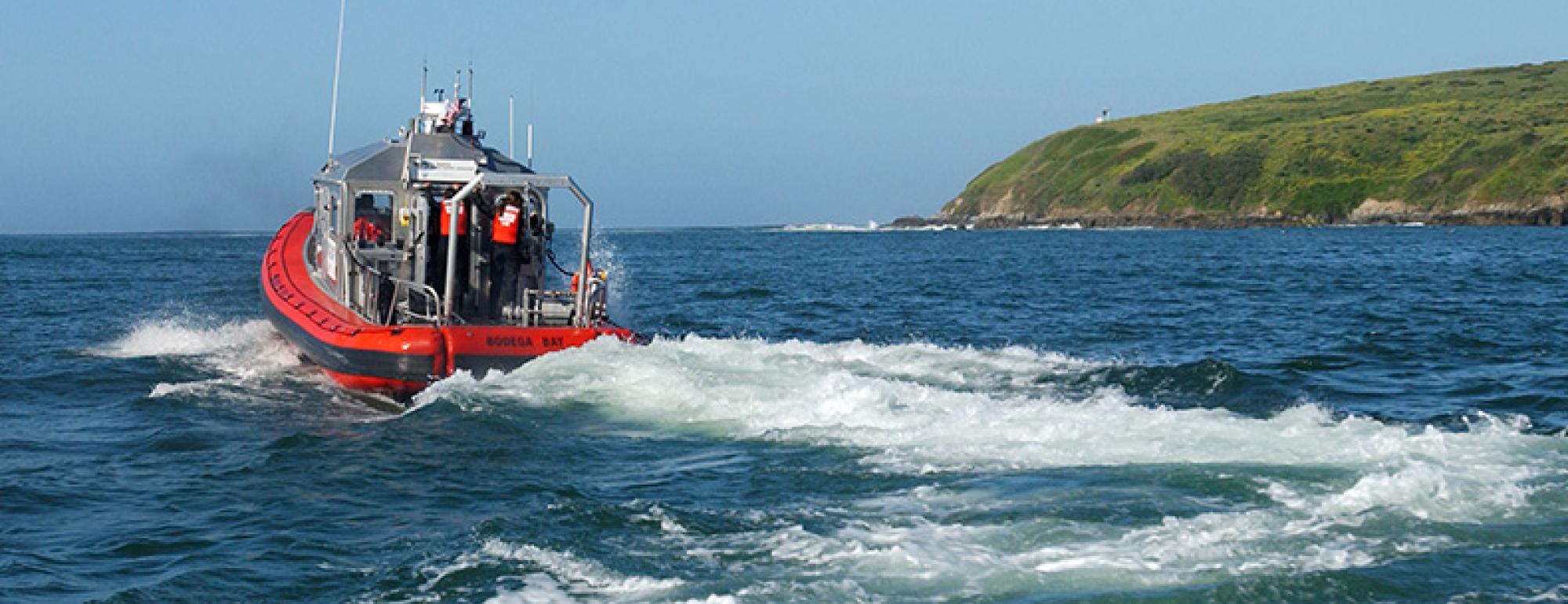The UC Davis Earth and Planetary Sciences department welcomes prospective transfer students.
Prior to transferring into UC Davis, students must meet the Transfer Admission requirements. For the Marine and Coastal Science major at UC Davis, we strongly recommend that transfer students complete preparatory coursework equivalent to the following:
- BIS 002A-002B-002C or BIO 001-001L-002-002L-003
- CHE 002A-002B-002C
- MAT 016A-016B-016C or 017A-017B-017C or 019A-019B-019C or 021A-021B-021C
- For focus in Marine Ecology and Organismal Biology only: Must take MAT 017A-017B-017C or 021A-021B
- PHY 007A-007B-007C or 009A-009B-009C
- CHE 008A-008B or 118A-118B-118C (for focus in Marine Ecology and Organismal Biology only)
- IGETC, or the full General Education requirement
Students interested in the focus area in Marine Ecology and Organismal Biology must complete prerequisite courses to be eligible for admission.
Please feel free to contact the Marine and Coastal Science major advisor if you would like to discuss your specific preparation for transfer.


